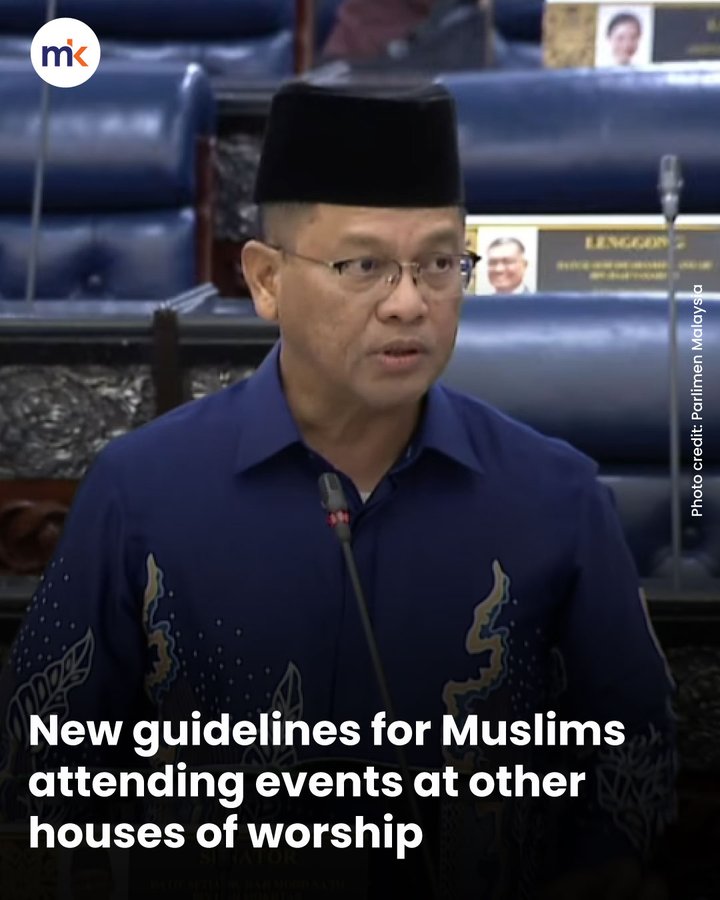East Malaysia NGOs: Respect Our Religious Freedom Or We’ll Seek Independence
The controversy erupted following new guidelines restricting Muslim participation in non-Muslim events, a move that East Malaysian leaders say fundamentally violates the Malaysia Agreement 1963 (MA63).

Subscribe to our FREE Newsletter, or Telegram and WhatsApp channels for the latest stories and updates.
Civil society leaders from Sabah and Sarawak have issued a stark ultimatum – either respect their religious autonomy or face calls for independence from Malaysia, following controversial guidelines restricting Muslims’ participation in non-Muslim events.
The joint statement, issued by seven prominent civil society organizations, marks an escalation in East Malaysian resistance against what they describe as “imported religious extremism” from Peninsular Malaysia.
“This is no longer about individual policies. This is about the fundamental breach of Malaysia Agreement 1963,” said Daniel John Jambun, President of Borneo’s Plight in Malaysia Foundation (BoPiMaFo).
The latest flashpoint centres on proposed regulations requiring Muslim officials to seek approval before attending non-Muslim events – a common practice in East Malaysia where inter-religious celebrations are deeply woven into the social fabric.
“In Borneo, it’s normal for families to have members of different faiths. These restrictions are not just policies – they’re an attack on our way of life,” Robert Pei, President of Sabah Sarawak Rights Australia New Zealand, said.

Breaking Point
The growing religious restrictions represent a breaking point for many East Malaysians.
In Sabah and Sarawak, where Muslims regularly participate in Christmas, Gawai, and Chinese New Year celebrations, the new guidelines are viewed as an existential threat to their multicultural identity.
“We’ve maintained religious harmony for generations without Malayan interference. These policies serve no purpose except to divide,” said Voon Lee Shan, President of Party Bumi Kenyalang Sarawak.
The coalition argues that Prime Minister Datuk Seri Anwar Ibrahim’s Madani government, despite promises of reform, has accelerated Malaysia’s shift toward religious conservatism.
Path to Independence?
The statement outlines legal grounds for separation, citing multiple breaches of MA63’s fundamental terms, particularly regarding religious freedom.
“This isn’t just about opposing policies anymore. We’re building a case for independence,” said Paul Rajah from Human Rights Advocates Sarawak.
While calls for independence aren’t new, the unified front presented by these organizations signals growing mainstream support for separation.
The calls for independence were often rooted in historical agreements like the 20-point agreement highlighting their rights within the Malaysian Federation.



No comments:
Post a Comment